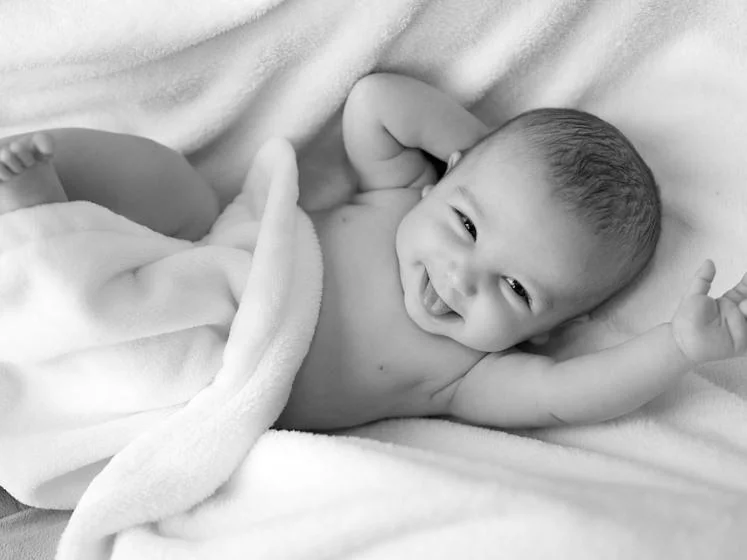No greater risks to children conceived through assisted reproduction

Children conceived through medically assisted reproduction (MAR), such as IVF, are at no more risk of developing emotional or behavioural problems than those conceived naturally according to new research .
The paper(1), published in the journal Social Science and Medicine - Population Health, shows that children born via MAR actually do slightly better than those conceived naturally. However, this seems to be explained by the characteristics of their parents, since couples who have access to these treatments tend to be highly educated and affluent.
Once the researchers took family background into account, they found that children born through MAR do have a slightly increased risk of emotional or behavioural problems between the ages of three and five, but that this disappears at around age six.
Dr Anna Barbuscia, lead author of the research and a Fellow in LSE’s Department of Social Policy, said: "There have been some concerns that as children born as a result of fertility treatment enter adolescence, they might develop behavioural or emotional problems related to, for example, identity issues. But we don’t see any sign of this.
"Also, given that our research relies on a measure of mental development and psychological well-being(2) that is based on parental responses, the lower scores we see for younger children may be more to do with their parent’s anxiety. One can imagine the extra vigilance that a mother or father might have, particularly in the early years, over the welfare of a much longed for child."
The researchers used data from the UK Millennium Cohort Study a longitudinal survey that followed around 19,000 children born in the UK in 2000-2002 and their families. The researchers used data from 12,989 of these children of whom 404 were conceived through medically assisted reproduction. They compared levels of emotional and behavioural problems up to the age of 14.
Dr Barbuscia said: "We know that children who are wanted and who have caring parents tend to do better emotionally and behaviourally. Our research shows that this remains true however a child is conceived."